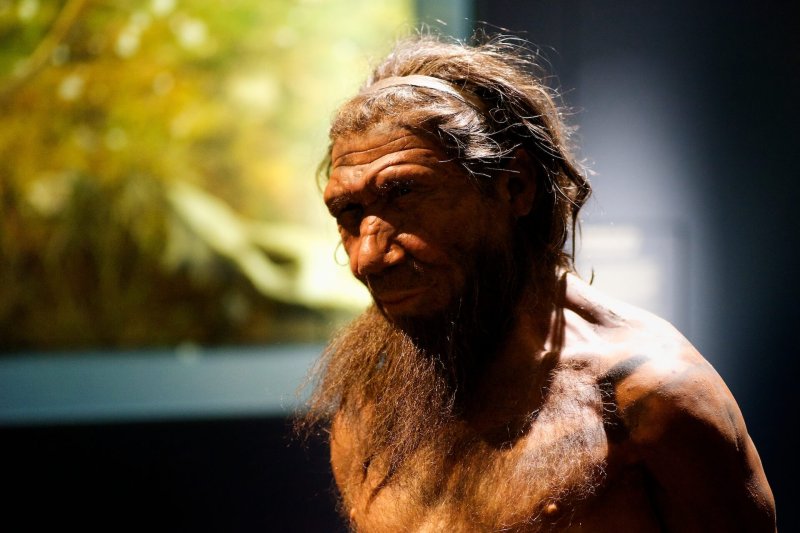When Homo sapiens left Africa and encountered the Homo neanderthalensis in Europe, the two ancient hominins did the obvious thing and had sex with one another, exchanging life-saving genetic adaptions. That genetic exchange allowed human-hybrid children to skip the thousands of years of natural selection Neanderthals experienced in Europe, and inherit virus-fighting and life-saving genes fast.
This genetic boon occurred some 100,000 years ago, but Neanderthal genes — along with the genes from another species of ancient human, the Denisovans — continue to influence our health today.
Now, scientists say this influence may be more expansive than they previously thought. In fact, ancient humans’ genetic exchange could be one of the major causes of adaptive evolution in humans, according to a new study.
…
It’s previously been shown that the Denisovan gene EPAS1 likely helps Tibetans live in high-altitude places, and that some Neanderthal variants are associated with behavioral traits, including mood disorders and an inclination towards cigarettes.
The new study found that, in European populations, Neanderthal genes are also linked to metabolism, iron- and oxygen-binding in red blood cells and muscles, as well as olfactory receptors.































